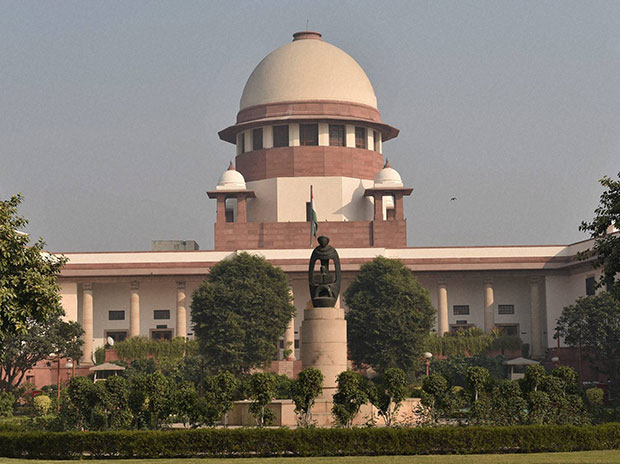The observations like "Nobody listens to our orders" and "why is there a mistrust", coupled with comments like "citizens and the executive of this country have to accept and obey orders of the Supreme Court," have hogged the limelight in the recent past, but critics are of the view that the judges should not shy away from giving unambigous directions.
"All cases are not judicially manageable," said senior advocate K T S Tulsi but added that it does not in anyway come in the way of the apex court in giving directions.
Skeptical of such observations, Additional Solicitor General Pinky Anand said the issue was not about defying orders, but the apex court has to take into account the time needed for implementation of the orders by the competent authorities, which follow a defined process.
Disapproving such observations, senior lawyer Vikas Singh said the apex court was not exercising its powers correctly and the government was taking full advantage of it.
"The Supreme Court is not issuing directions but is hoping that the government will do something. It should not expect from the government but be clear in what kind of assistance it requires from it.
"I feel there is a lack on the part of the Supreme Court in exercising its powers. The government is taking full advantage of it," Singh said.
However, Anand, who as a law officer has to defend the government, said such observations did not mean that there is a defiance against the apex court's orders.
"You cannot say it (government) is not listening. It has to be seen under what circumstances the directions or orders can be followed. The question is the time-frame within which the government can follow the directions as it is answerable to the people.
"Supreme Court passes orders in a broader sense, while the government works under a process. We bring a law through a process," she added.
Her view was partially shared by Tulsi, who is also a Congress Rajya Sabha MP. He said the apex court cannot simply give "diktats" and expect them to be followed and some matters are not judicially manageable.
"As per the Constitution, all authorities are bound by Supreme Court orders but some cases are not judicially manageable. For example, the Jallikattu case. The game has values and beliefs attached to the people. You cannot simply give diktats and expect everyone to follow.
"In a water dispute, there is so much of unrest in society due to the scarcity. The top court cannot judicially manage it. It does not realise which matter can be judicially managed and which cannot," Tulsi said.
The observation that "Nobody listens to our orders" had come on March 1 during the hearing of a plea seeking directions to states and Centre to implement massive reforms in the police force across the country.
The Jallikattu issue had led to the remark about law and order situation in Tamil Nadu, with the apex court hitting out at the authorities with the statement like "What was the need for the situation? Why does this situation crop up?
"There was a situation which needed to be controlled. Please tell your executive that maintaining law and order situation is its prime duty. You please convey this," the court had said.
"Citizens and executive of this country have to accept and obey order of the Supreme Court unless it is modified," was made during the Cauvery water dispute between Karnataka and Tamil Nadu

